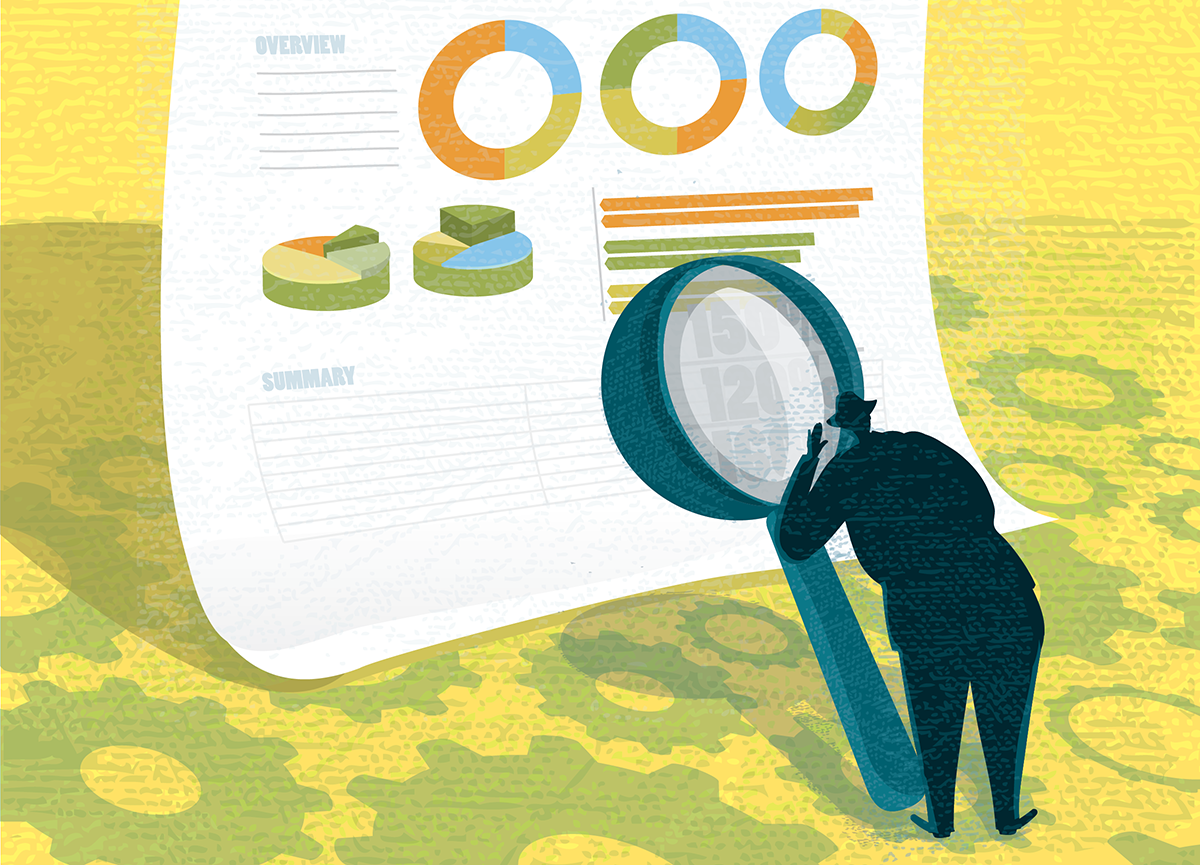One day in late November, a surprise caller turned up at Perrigo Co Plc's Dublin headquarters, close to the city's so-called Googletown neighborhood.
Informed that the drug maker's CFO Ron Winowiecki wasn't around, the visitor dropped off a letter at its second-floor office in the Treasury Building, famed for “Aspiration,” the sculpture of a naked woman scaling its exterior walls. Inside the envelope was a tax demand for a whopping 1.6 billion euros (US$1.8 billion), the second-largest in Irish history, according to an account of the episode given to the government.
Weeks later, Perrigo revealed the assessment to shocked investors, sending its shares plunging 29 percent. That came shortly after Analog Devices Inc. told its shareholders the company faces a much smaller, but potentially significant, tax battle of its own with Ireland. Taken together, the cases may signal that Ireland is taking a tougher line with U.S. companies using the nation to lower its taxes and as a gateway to Europe.
Complete your profile to continue reading and get FREE access to Treasury & Risk, part of your ALM digital membership.
Your access to unlimited Treasury & Risk content isn’t changing.
Once you are an ALM digital member, you’ll receive:
- Thought leadership on regulatory changes, economic trends, corporate success stories, and tactical solutions for treasurers, CFOs, risk managers, controllers, and other finance professionals
- Informative weekly newsletter featuring news, analysis, real-world case studies, and other critical content
- Educational webcasts, white papers, and ebooks from industry thought leaders
- Critical coverage of the employee benefits and financial advisory markets on our other ALM sites, PropertyCasualty360 and ThinkAdvisor
Already have an account? Sign In Now
*May exclude premium content© 2025 ALM Global, LLC, All Rights Reserved. Request academic re-use from www.copyright.com. All other uses, submit a request to asset-and-logo-licensing@alm.com. For more information visit Asset & Logo Licensing.





